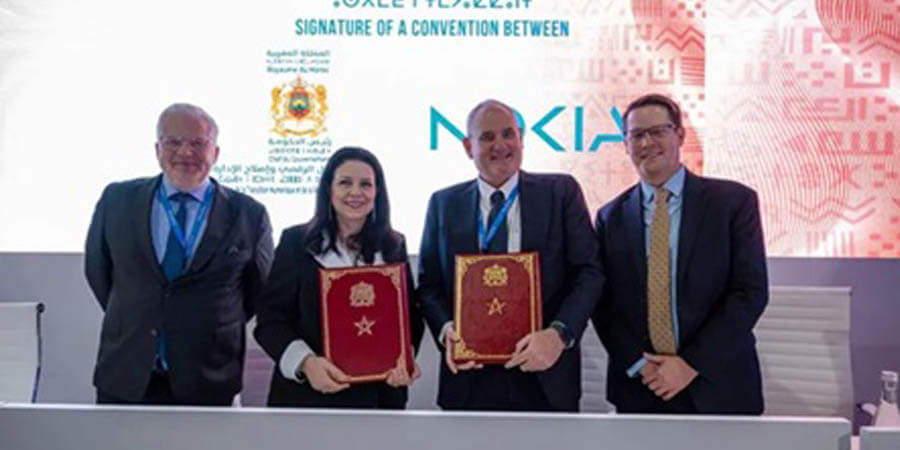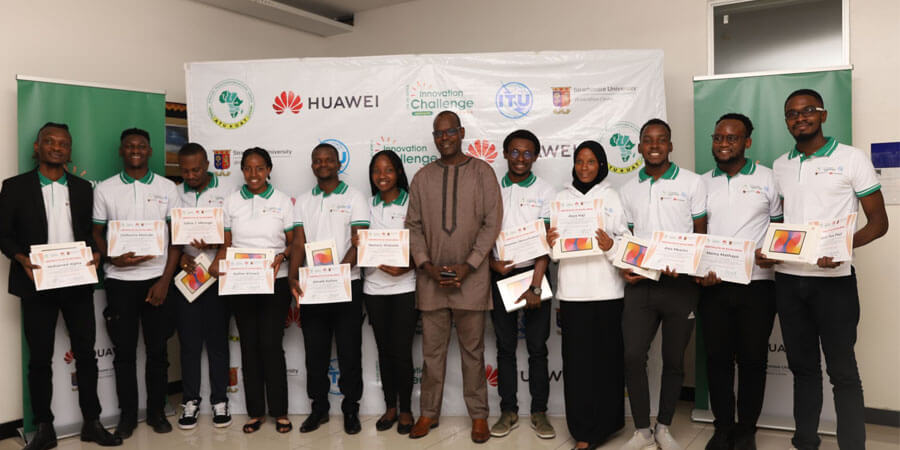Amazon Web Services (AWS), Microsoft, the East Africa Community, and Cognizant are among more than 25 organizations from around the globe that will serve as founding contributors to the AI Skills Coalition, an initiative of the International Telecommunication Union (ITU) to bridge the global AI skills gap and ensure equal worldwide access to artificial intelligence (AI) training.
The AI for Good initiative led by ITU, the UN Agency for Digital Technologies, announced the list of coalition members during the World Economic Forum’s Annual Meeting in Davos, where ITU will highlight the role of digital technologies in building a sustainable future.
The AI Skills Coalition will serve as an online platform for AI education and capacity building. It aims to encourage inclusive participation in the AI revolution by offering open and accessible skills training on generative AI, machine learning, and applying AI to support sustainable development.
Supporting the implementation of the United Nations’ Pact for the Future and Global Digital Compact, the AI Skills Coalition is responding swiftly to urgent global calls for AI capacity building and addressing the growing AI skills gap to ensure inclusive access to opportunities in an AI-powered world.
“Let’s make sure everyone has a chance to learn the skills they need to benefit from the AI revolution,” said ITU Secretary-General Doreen Bogdan-Martin. “Our new AI Skills Coalition aims to train thousands of people this year, especially those living in regions of the world just beginning their AI journey, as part of our commitment to ensuring that all communities can fully participate in our shared digital future.”
An estimated 94 percent of global business leaders highlighted artificial intelligence as critical for the success of their organizations, according to research from the recent AI for Good Impact Report published by ITU and Deloitte. However, insufficient technical skills, the need for extensive upskilling and reskilling, as well as the need to build trust in new technologies are among the key barriers to broader AI adoption globally.
As a flagship program of ITU’s AI for Good Impact Initiative and part of UN systemwide efforts to bridge the global digital divide, the AI Skills Coalition will provide educational materials that can bolster skills for the future and address global inequalities in AI knowledge, known as the “AI skills gap.”
Through its work, the program addresses the underrepresentation of marginalized groups such as women, youth, and persons with disabilities in the development of AI products and services.
“Generative AI is rapidly transforming the workforce, with LinkedIn data showing a 142 times global increase in professionals adding AI aptitude skills in just one year,” said Kate Behncken, Global Head of Microsoft Philanthropies. “Recognizing this growing demand, we are proud to work with the ITU AI Skills Coalition to provide access to AI skills training, certifications, and capacity-building for policymakers, IT professionals, and organizational leaders.”
As part of the initiative, ITU will work with the United Nations Development Programme (UNDP) to leverage UNDP’s presence in over 170 countries and territories to deliver AI capacity development directly to partner countries.
“Capacity development is critical for closing the AI equity gap, particularly in developing countries,” said Achim Steiner, United Nations Development Programme Administrator. “Aligned with the vision of this Coalition, we will work with our partners to deliver AI training that equips policymakers and other stakeholders with foundational knowledge to strengthen the responsible adoption and use of AI for sustainable development that benefits everyone.”
The AI Skills Coalition is ITU’s latest global initiative to consolidate AI education resources with a focus on underserved and marginalized groups.
Founding organizations are providing training materials, financial resources and outreach support to build a new training platform developed by ITU, to be launched in March 2025.
The platform will include a comprehensive training portfolio and a customizable digital library of AI material. It will also feature self-paced courses, webinars, access to in-person workshops, and hybrid programs tailored to diverse learning needs.
The online resources—to be contributed by private sector partners, academia and United Nations agencies—will be available for free. Advanced certifications will be available at affordable rates.
Additional programs for the general public, along with certification courses, will be added throughout the year. The platform will also feature specialized government training in AI governance, ethics, and policymaking to address the specific needs of developing countries and least developed countries (LDCs).
More on ITU: ITU and ICPC Collaborate to Safeguard Vital Submarine Cable Infrastructure
ITU Reports 5.5 Billion Global Internet Users as Digital Divide Persists






